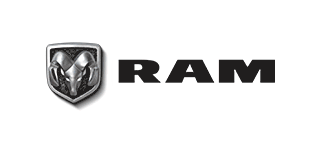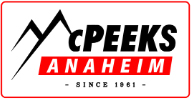Leasing
Lease or buy? That is a question both small and large business owners and fleet managers will ask many times over during their careers. There is no easy answer and, often, second guessing after making the decision.
Leasing your vehicle presents many advantages over purchasing, not the least of which is the ability to limit your commitment and allow you and your company to constantly have trucks with the latest technology. Additionally, the lessor need not worry about costly repairs, as leased trucks are more likely to be under warranty. While a standard truck lease will have you paying attention to mileage restrictions and excess wear and tear charges, a TRAC (Terminal Rent Adjustment Clause) lease does not have those restrictions. Leasing provides many more options than financing and, usually, a much lower initial expense. Whether or not a Capital Lease, TRAC Lease, P.U.T. Lease, Leaseback Lease, or an Operating Lease is right for you is a discussion you will want to have with your accountant.
Another difference between leasing and financing is how your bookkeeper records the vehicle. Generally, a lease will appear on your Income Statement, not your P&L. If you want to expense your new work truck, an operating lease may be right for you. Please, contact your accountant to discuss what is right for you and your company.





